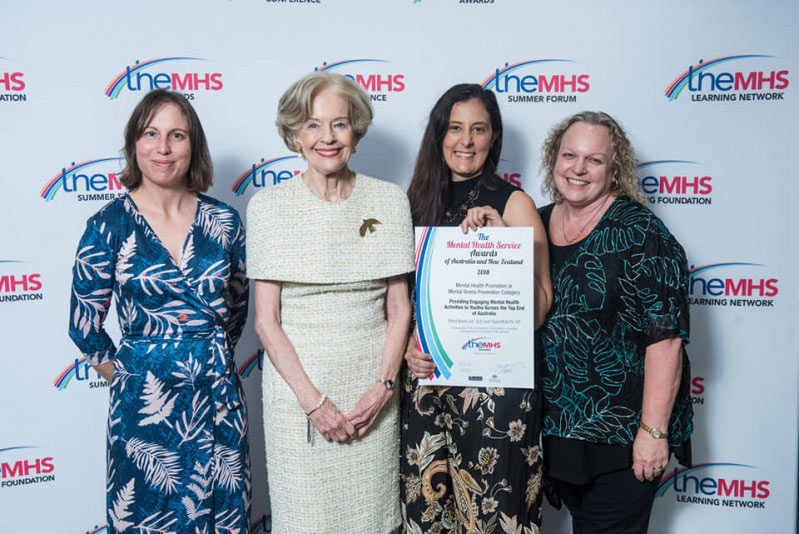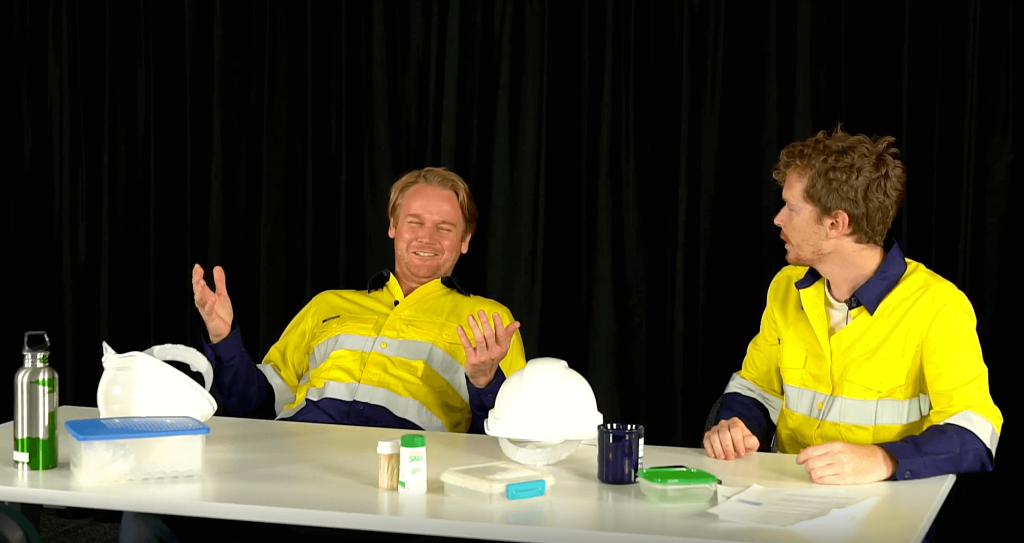Youth mental health in Australia costs $6.29 billion annually in lost productivity (Hosie, Vogl, Carden, Hoddinott & Lim, 2014). National industry leaders such as ReachOut.com. and the Black Dog Institute are now confirming value in awareness raising preventative strategies in schools. Data from a National Headspace study (2016) shows that 52 per cent of young people who have identified as suffering from mental and emotional ill health over the last 12 months are too embarrassed to share their problems with anyone. Mind Blank program evaluations confirm reductions in stigma associated to seeking help. This is an early intervention approach.
Our business values are in line with priorities such as better awareness, prevention and early intervention in relation to suicide prevention. The Australian Government’s Proposed National Strategy for Suicide Prevention supports the use of ‘expert providers’ and ‘evidence based workshops’ aimed to reduce risk factors and increase protective factors to support youths. The National Mental Health Commission and State Based Suicide Prevention Action Plans encourage early action, promotion, prevention and early intervention.
Theatre use in an educational setting can help students open up discussions from their shared experience, as well as assist with change. Research evaluations have revealed that a majority of students experience joy and strong emotions when watching educational theatre, they are receptive to listen attentively and correctly identify the educational message being portrayed (Waters, Monks, Ayres & Thomson, 2012).






